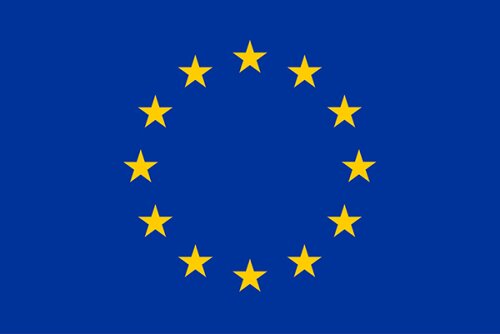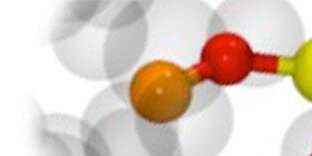PARACAT Summer School on "Basics of Electron Paramagnetic Resonance for Catalysis"
14-20 July 2019 - University of Antwerp
Including a one-day school on Scientific Integrity
This PARACAT Summer School 2019 (Antwerp) provides an intensive multidisciplinary course and is part of a collaborative EU-funded MSCA European Joint Doctorate(EJD) European Training Network.
The Summer School consists of 40 hours of training (incl. preparatory readings / assignments) and of a 6-day programme in which the basics of electron paramagnetic resonance (EPR) for applications in (bio)catalysis will be taught.
Furthermore, a one-day module focused on Scientific Integrity is integrated in the school. The school will include theoretical lectures, practical sessions on simulations of EPR spectra and on analysis of relevant literature and hands-on instrumental practicals.
PARACAT (Paramagnetic Species in Catalysis Research. A Unified Approach Towards Heterogeneous, Homogeneous and Enzyme Catalysis)
In a nutshell
The PARACAT project aims to educate and train a group of 10 Early-Stage-Researchers on implementing advanced spectroscopic methods (Electron Paramagnetic Resonance) for cutting edge research in the field of catalysis. For the first time, this project will comprehensively explore the role of open-shell species in catalysis and at the interface between chemistry, physics and biology. The programme places strong emphasis on ethical considerations and social reflections to research by combining the scientific expertise of (bio)chemists, (bio)physicists and industrial partners with the input of an ethicist, to support a new generation of scientists capable of tackling the many societal responsibilities as experts in their field.
The primary goals of the project include:
- Designing new catalysts based on earth abundant and sustainable elements.
- Taking a bioinspired approach to discovering new and more sustainable reaction pathways for the activation of small molecules and selective oxidations.
- Enabling new routes for polymerization and de-polymerization reactions.
The training programme will overcome barriers between traditional disciplines by providing comprehensive tuition on topics ranging from advanced spectroscopic methods, synthesis and property characterization, to quantum chemical modelling, whilst also including a full set of complementary skills.
The objectives are therefore to build a chain of knowledge whereby fundamental scientific understanding is translated into practical applications by the synergistic interactions between academic and industrial partners, within an ethical and social context.
H2020 funding
The project PARACAT has received funding from the European Union’s Horizon 2020 research and innovation programme under the Marie Skłodowska-Curie grant agreement – European Joint Doctorate.
- Grant Agreement: 813209
- Start date: January 1st 2019
H2020 is the ambitious programme of the European Commission to stimulate Scientific Research and Innovations.
More information is available via following links:
- H2020 Funding
- Objectives of the MSCA Programme

